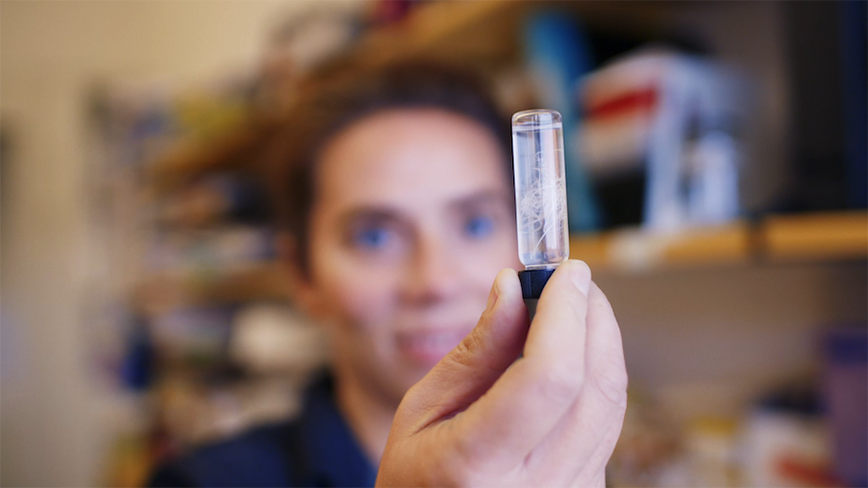New technology improves precision for future cancer treatments

Despite better prevention measures, such as screenings and new treatments, the number of people dying from cancer is increasing. Cancer is such a heterogeneous disease that current methods of diagnosis cannot determine which patients would need more targeted or aggressive treatment to avoid recurrence or the development of metastases. At KTH Royal Institute of Technology, My Hedhammar and her research team are working on developing tissue models based on human cells. These models can enable tailored treatments and streamline the development of targeted therapies.
Technology-driven research for medical applications
We are on the threshold of a new era in medical treatment where personalised care, known as precision medicine, is a key factor. Many different cancer treatments are available today, but there is a lack of methods to match the right treatment to each individual. Personalised treatments are largely hampered by the lack of reliable models to test and evaluate treatments. There is a strong need to develop relevant models and technologies to make the process more efficient, affordable and reliable.
Customising the most effective treatment
Using advanced technology and collaboration across disciplines, researchers at KTH Royal Institute of Technology can potentially increase the chances of survival for seriously ill cancer patients worldwide. My Hedhammar and her research team are working on developing tissue models based on human cells called in vitro models.
The inspiration comes from nature's strongest material - spider's thread - to provide a biological scaffold for cells and create a tissue-like structure. The tissue models mimic human conditions and can be used to develop and test new cancer treatments effectively and reliably.
By creating tissue models of patients' tumours, such as bowel or breast cancer, many different treatment options can be tested outside the body. Once a successful treatment is identified, it is applied to the patient. This allows a targeted and powerful treatment to be used directly for those patients who would otherwise be at risk of developing deadly metastases. In contrast, for others, a gentler treatment is sufficient. This development would be a huge advance that could save lives and reduce suffering and healthcare costs.
Centres for enabling technologies for drug development
To accelerate the development of new, personalised, and breakthrough treatments, new technologies and better coordination between the different research areas that underpin drug development are needed. A new centre at KTH Royal Institute of Technology would bridge academia, clinics and the pharmaceutical industry, enabling existing knowledge to be applied to specific medical needs.
